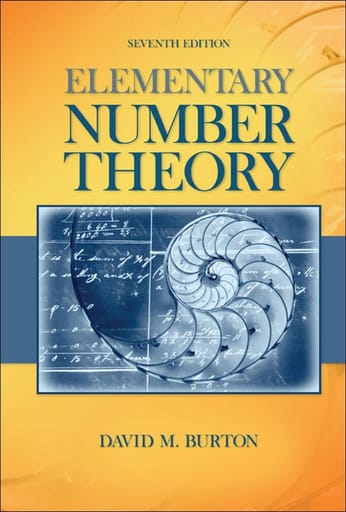Math
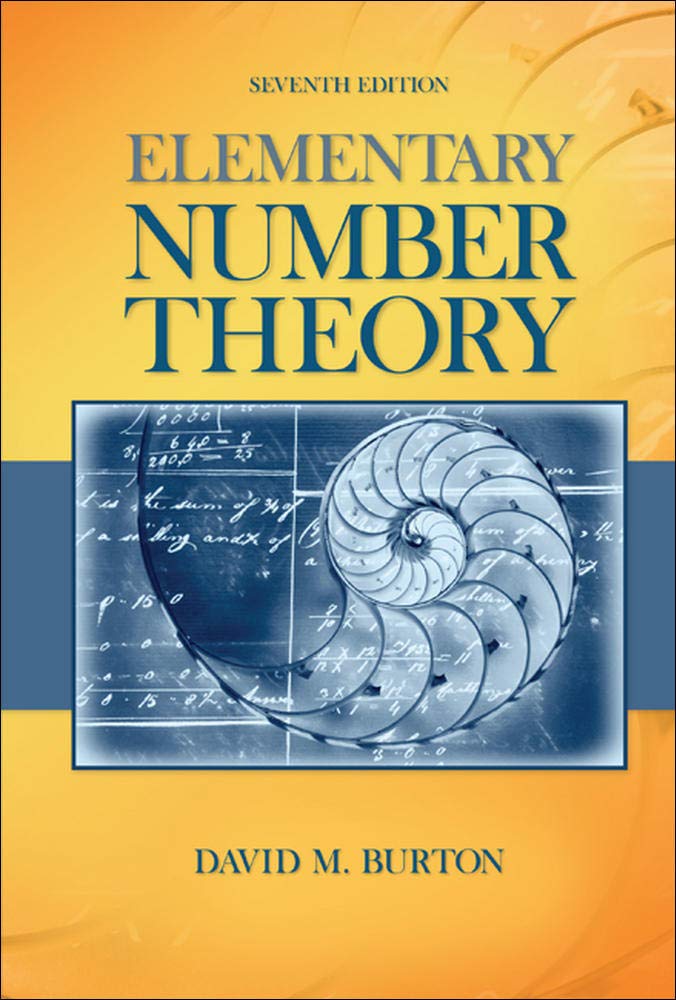
Elementary Number Theory Problems 3.2 Solution (David M. Burton's 7th Edition) - Q14 Paid Members Public
My Solution for "Use the previous problem to obtain the prime factors of the repunit $R10$."
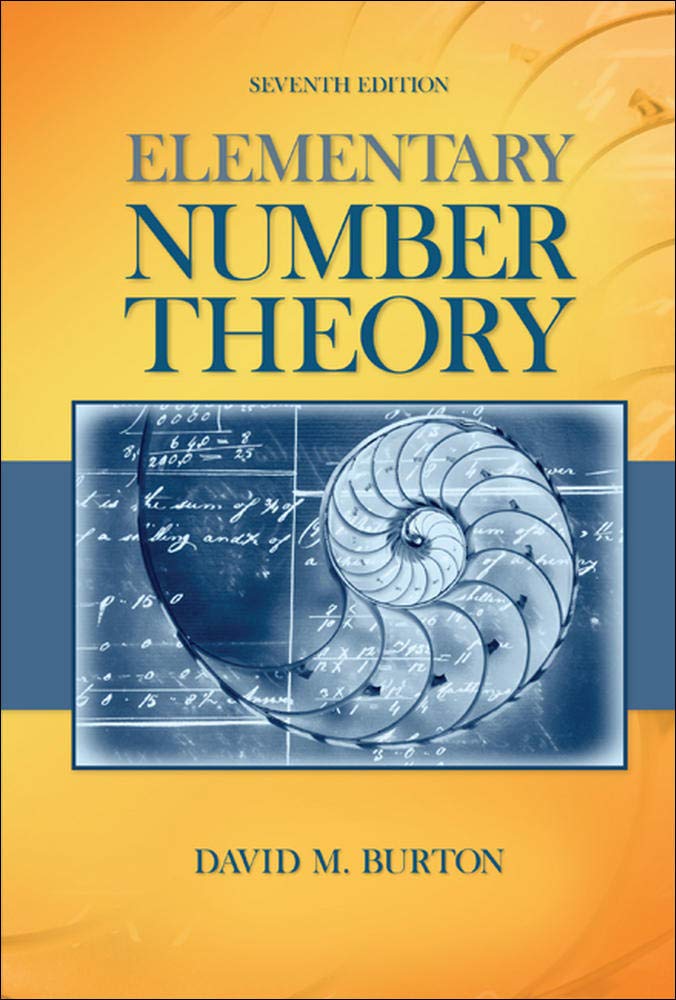
Elementary Number Theory Problems 3.2 Solution (David M. Burton's 7th Edition) - Q13 Paid Members Public
My Solution for "For the repunits $R_{n}$, verify the assertions below: (a) If $n \mid m$, then $R_{n} \mid R_{m}$. (b) If $d \mid R_{n}$ and $d \mid R_{m}$, then $d \mid R_{n+m}$.[Hint: Show that $R_{m+n} = R_{n}10^{m} + R_{m}$.] (c) If $gcd(n, m) = 1$, then $gcd(R_{n}, R_{m})= 1$."
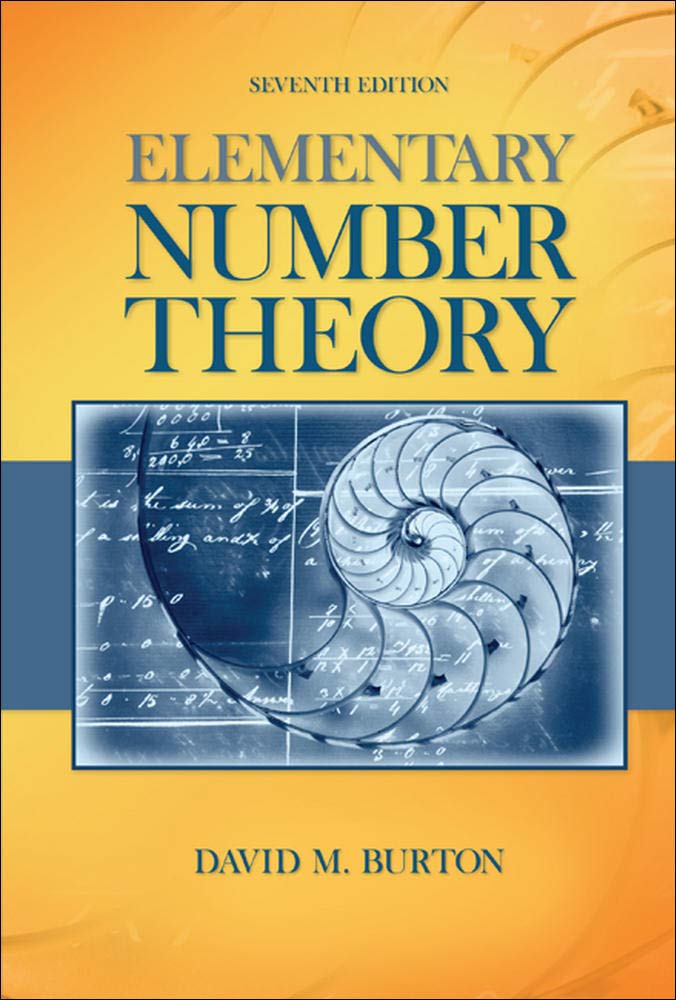
Elementary Number Theory Problems 3.2 Solution (David M. Burton's 7th Edition) - Q12 Paid Members Public
Assuming that $p_{n}$ is the $n$th prime number, prove:(a) $p_{n} > 2n - 1$ for $n \geq 5$.(b) None of the integers $P_{n} = p_{1}p_{2} \cdots p_{n} + 1$ is a perfect square. (c) The sum $\frac{1}{p_{1}} + \frac{1}{p_{2}} + \cdots + \frac{1}{p_{n}}$ is never an integer.
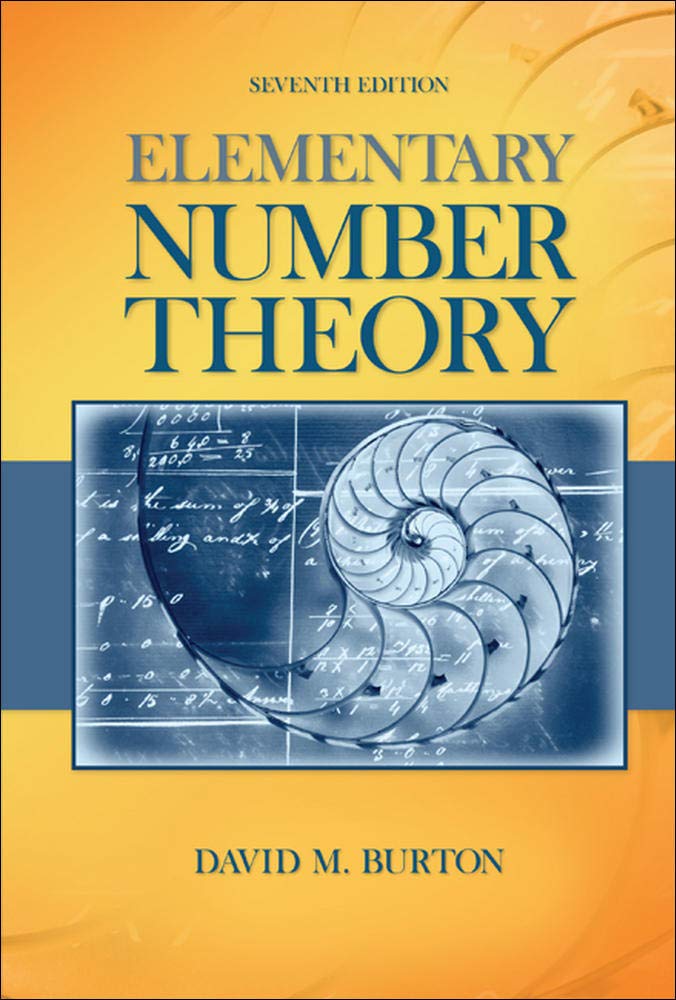
Elementary Number Theory Problems 3.2 Solution (David M. Burton's 7th Edition) - Q11 Paid Members Public
My Solution for "If $p_{n}$ denotes the $n$th prime number, put $d_{n} = p_{n+1} - p_{n}$. An open question is whether the equation $d_{n} = d_{n + 1}$ has infinitely many solutions. Give five solutions."
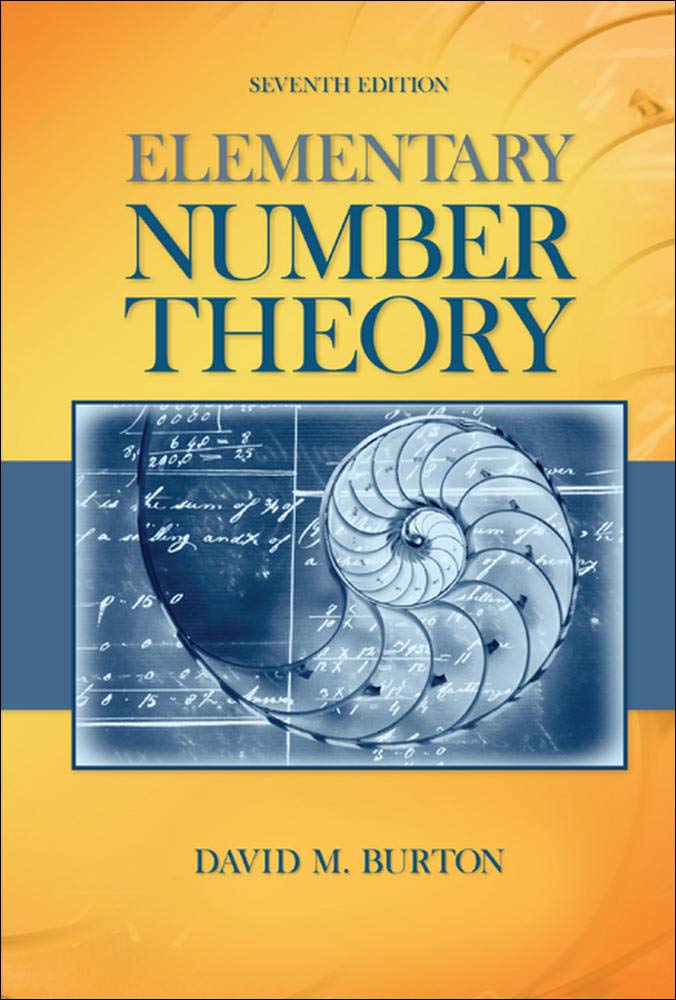
Elementary Number Theory Problems 3.2 Solution (David M. Burton's 7th Edition) - Q10 Paid Members Public
My Solution for "Let $q_{n}$ be the smallest prime that is strictly greater than $P_{n} = p_{1}p_{2} \cdots p_{n} + 1$. It has been conjectured that the difference $q_{n} - (p_{1}p_{2} \cdots p_{n})$ is always a prime. Confirm this for the first five values of $n$."
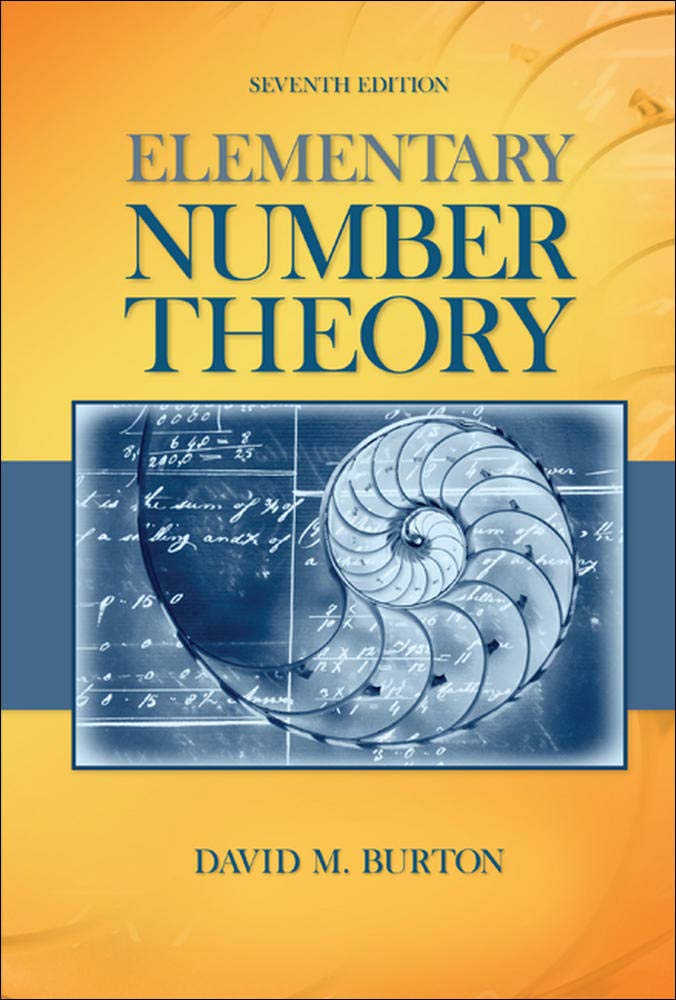
Elementary Number Theory Problems 3.2 Solution (David M. Burton's 7th Edition) - Q9 Paid Members Public
My Solution for "(a) Prove that if $n \gt 2$, then there exists a prime $p$ satisfying $n \lt p \lt n!$. (b) For $n \gt 1$, show that every prime divisor of $n! + 1$ is an odd integer that is greater than $n$."
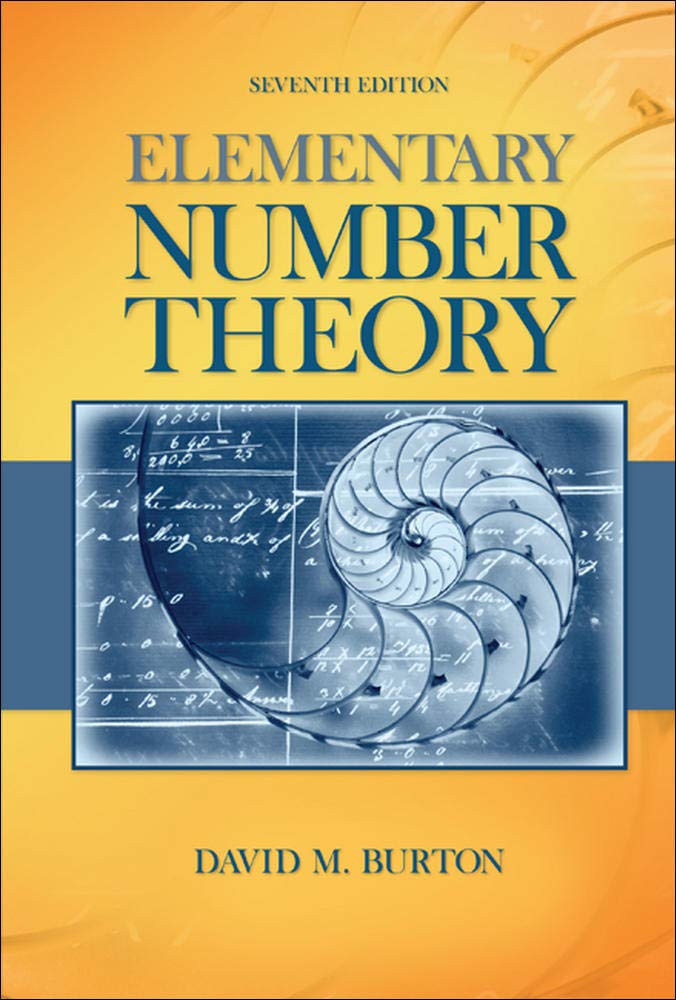
Elementary Number Theory Problems 3.2 Solution (David M. Burton's 7th Edition) - Q8 Paid Members Public
My Solution for "Assume that there are only finitely many primes, say $p_{1}, p_{2}, ..., p_{n}$. Use the following integer to arrive at a contradiction: $N = p_{2}p_{3} \cdots p_{n} + p_{1}p_{3} \cdots p_{n} + \cdots + p_{1}p_{2} \cdots p_{n-1}$"
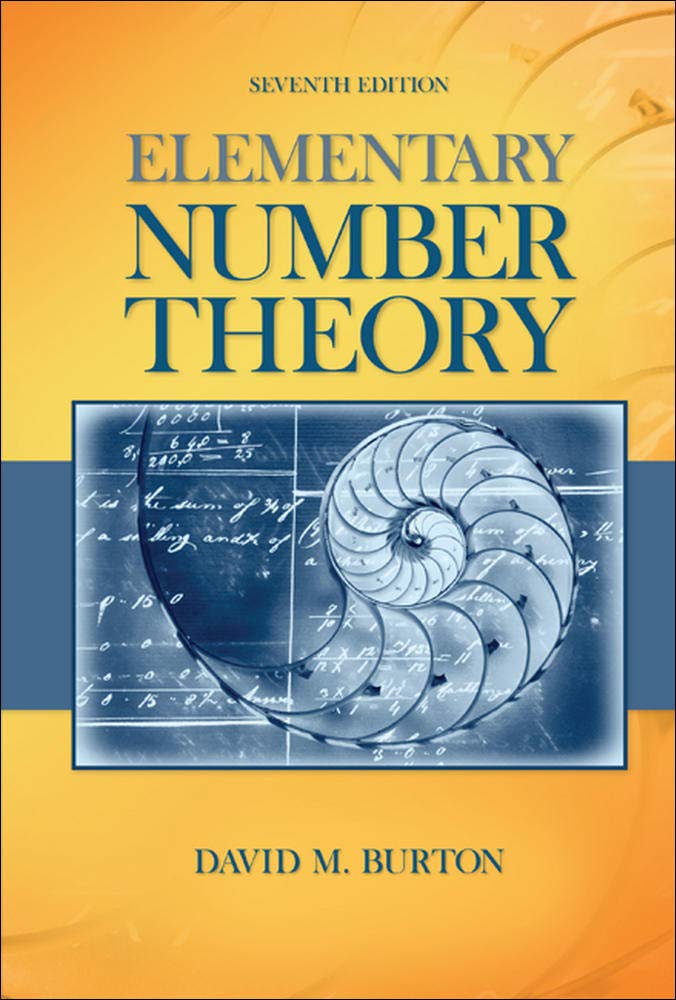
Elementary Number Theory Problems 3.2 Solution (David M. Burton's 7th Edition) - Q7 Paid Members Public
My Solution for "Modify Euclid's proof that there are infinitely many primes by assuming the existence of a largest prime $p$ and using the integer $N = p! + 1$ to arrive at a contradiction."
